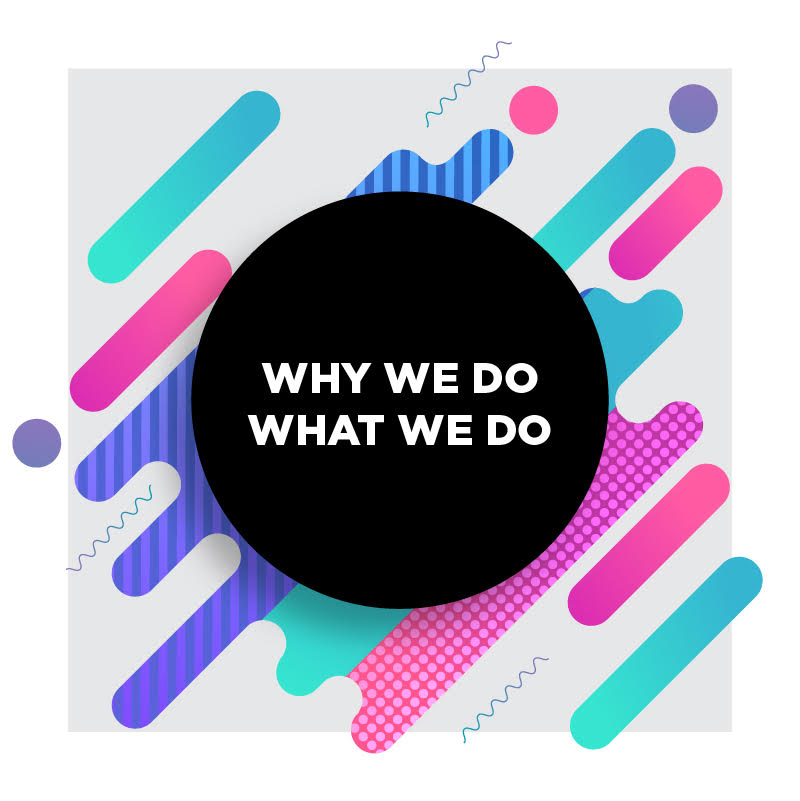A potentially controversial issue in which we take on sensory integration therapy. Important to note that we are NOT criticizing occupational therapists. We dug deep into the literature on sensory integration therapy and told the story that the data present. That is, we take as diplomatic and charitable a position as we can while remaining honest. Science does not paint a flattering picture.
Survey ends in January!
ATTENTION! We are doing a special promotion! If you complete a listener survey, you will earn a WWDWWD sticker in the mail and get entered to win a free t-shirt! The survey shouldn’t take longer than 3-10 minutes and is completely private. We will NOT share your data or information with anyone else. Follow this link https://forms.gle/ogarcXvK7RFZXytS8 to receive a sticker, be entered to win a free shirt, and to help us make the best show for you!
Listen in, and remember that you can reach us directly at 775.525.0908, at info@wwdwwdpodcast.com, through the comments below OR on social via @wwdwwdpodcast or #wwdwwdpodcast.
Read More







































